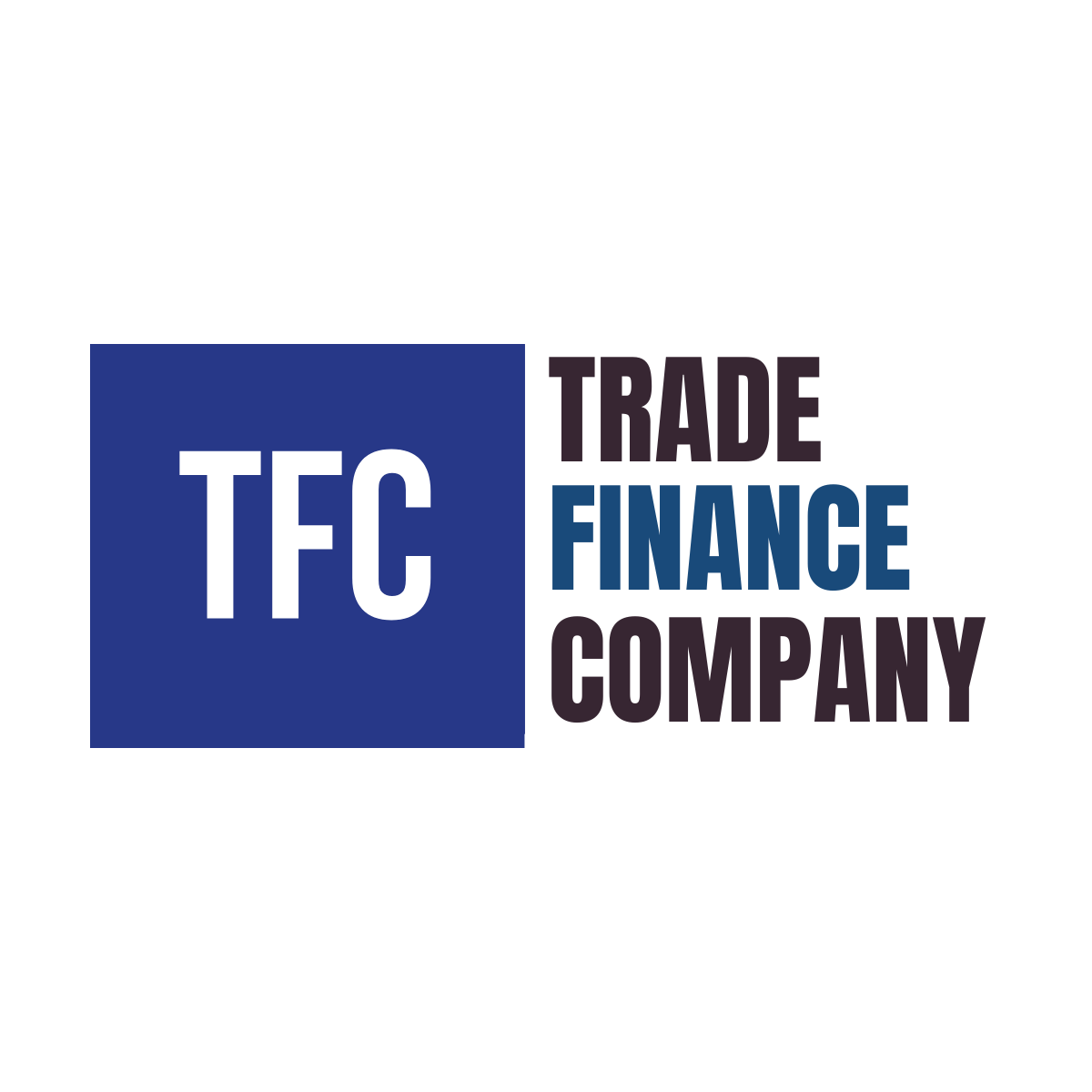How to Choose the Right Trade Finance Provider
Choosing the right trade finance provider can make or break your business’s success in international trade. The right partner ensures seamless transactions, mitigates risks, and provides financial security for both buyers and sellers. With so many options available, knowing what to look for is crucial to making an informed decision that supports your long-term business goals.
In this article, you’ll have a clear roadmap for selecting a trade finance provider that aligns with your business needs, minimizes risks, and helps you maximize growth opportunities in global trade.
Imagine securing a lucrative international contract, only to face unexpected delays due to financial constraints or an unreliable trade finance provider. The stress, lost time, and potential damage to your business relationships can be overwhelming. Finding a trusted partner who understands your industry and financial needs is essential to keeping your trade operations smooth and profitable. The right provider gives you peace of mind, ensuring that your transactions are handled efficiently and securely.

“A reliable trade finance provider is not just a lender; they are a strategic partner who enables businesses to trade with confidence.” – John Carter, Trade Finance Expert

In this guide, you’ll learn the key factors to consider when choosing a trade finance provider, the warning signs to avoid, and practical steps to ensure your business selects the best financial partner for sustainable growth.
a. Evaluate Their Expertise and Industry Experience
Not all trade finance providers specialize in the same sectors. Look for a provider with a strong track record in your industry and a deep understanding of international trade regulations. Research their past clients, case studies, and success stories to gauge their expertise and reliability.
b. Assess Their Range of Financial Instruments
A good provider should offer various trade finance solutions such as letters of credit, bank guarantees, performance bonds, and invoice financing. Ensure their offerings align with your business needs and provide flexibility to accommodate future growth.
c. Check Their Global Network and Reputation
Your trade finance provider should have established relationships with major banks, financial institutions, and global trade organizations. A strong network ensures better transaction security, faster processing times, and lower risks for your business. Look for reviews, testimonials, and industry recognition to validate their credibility.
d. Understand Their Fees and Terms
Hidden fees and unfavorable contract terms can hurt your cash flow. Request a clear breakdown of their fees, including interest rates, transaction charges, and penalties for delays or defaults. Compare different providers to ensure you’re getting the best value for your investment.
e. Analyze Their Customer Support and Responsiveness
Delays in trade finance approvals or poor customer support can lead to costly disruptions. Choose a provider known for their responsive customer service, dedicated account managers, and efficient communication. A strong support system is crucial for resolving issues quickly and keeping your trade operations running smoothly.



